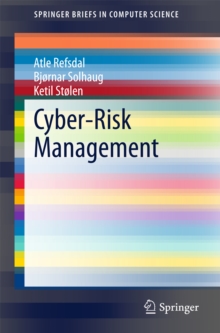
Bootstrapping Trust in Modern Computers PDF
by Bryan Parno, Jonathan M. McCune, Adrian Perrig
Part of the SpringerBriefs in Computer Science series
Description
Trusting a computer for a security-sensitive task (such as checking email or banking online) requires the user to know something about the computer's state.
We examine research on securely capturing a computer's state, and consider the utility of this information both for improving security on the local computer (e.g., to convince the user that her computer is not infected with malware) and for communicating a remote computer's state (e.g., to enable the user to check that a web server will adequately protect her data).
Although the recent "Trusted Computing" initiative has drawn both positive and negative attention to this area, we consider the older and broader topic of bootstrapping trust in a computer.
We cover issues ranging from the wide collection of secure hardware that can serve as a foundation for trust, to the usability issues that arise when trying to convey computer state information to humans.
This approach unifies disparate research efforts and highlights opportunities for additional work that can guide real-world improvements in computer security.
Information
-
Download - Immediately Available
- Format:PDF
- Publisher:Springer New York
- Publication Date:27/08/2011
- Category:
- ISBN:9781461414605
Information
-
Download - Immediately Available
- Format:PDF
- Publisher:Springer New York
- Publication Date:27/08/2011
- Category:
- ISBN:9781461414605










